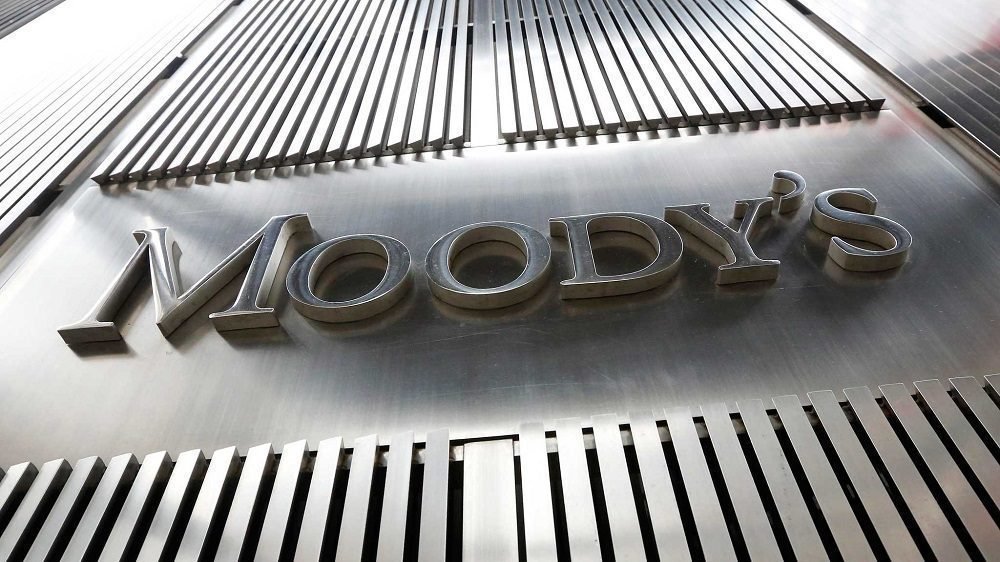Moody’s Investors Service cut five Pakistani banks’ long-term deposit ratings from Caa1 to Caa3 on Friday. These financial institutions include Allied Bank Limited (ABL), Habib Bank Limited (HBL), MCB Bank Limited (MCB), National Bank of Pakistan (NBP), and United Bank Limited (UBL) (UBL).
In addition, Moody’s lowered the long-term foreign currency Counterparty Risk Ratings (CRRs) of the five banks from Caa1 to Caa3.
As part of the same rating action, Moody’s reduced the Baseline Credit Assessments (BCAs) of five banks from Caa1 to Caa3, as well as their local currency long-term CRRs from B3 to Caa2 and their long-term Counterparty Risk Assessments from B3 to Caa2(cr) (cr).
Nonetheless, the outlook for all banks’ long-term bank deposit ratings has been altered from negative to stable, according to a statement from the rating agency.
Due to the link between sovereign and bank credit risk, the credit profiles and ratings of these institutions are effectively bound by the government’s Caa3 rating: Moody’s
Moody’s most recent rating action follows its decision to downgrade the issuer and senior unsecured debt ratings of the Government of Pakistan to Caa3 from Caa1 earlier this week, reflecting Moody’s assessment that Pakistan’s increasingly fragile liquidity and external position significantly increases default risks.
Explicating the rating rationale, Moody’s stated that the downgrade of the long-term ratings of the five Pakistani banks reflects: (1) the weakening operating environment, as captured by Moody’s downgrade of its Macro Profile for Pakistan to “Very Weak” from “Weak+”; and (2) the high interlinkages between the weakened creditworthiness of the sovereign – as indicated by the downgrade of the sovereign rating to Caa3 from Caa1 – and the banks’
Moody’s stated, “The deterioration in Pakistan’s operating environment reflects both the rising government liquidity and external vulnerability risks, with foreign exchange reserves declining to critically low levels, as well as the high costs of living with headline inflation likely to rise further as energy prices increase in tandem with the removal of energy subsidies.”
According to the ratings agency, the combination of these factors, along with the high interest rates, will undermine consumer confidence and compromise the ability of borrowers to make payments.
In turn, these factors will put pressure on the earnings, asset quality, and capital metrics of banks, and may also threaten financial stability. Moody’s has downgraded the country’s Macro Profile from Very Weak+ to Very Weak due to these pressures.
In addition, Moody’s emphasised that the banks’ high sovereign exposure, primarily in the form of government debt securities comprising 36%-61% of their total assets, links their credit profile to that of the government.
“Due to the correlation between sovereign and bank credit risk, the credit profiles and ratings of these banks are effectively constrained by the government’s Caa3 rating,” the report stated.
Moody’s explained the stable outlook by stating that the stable outlooks accorded to the long-term deposit ratings of all banks are consistent with the stable outlook on the Pakistani government.




